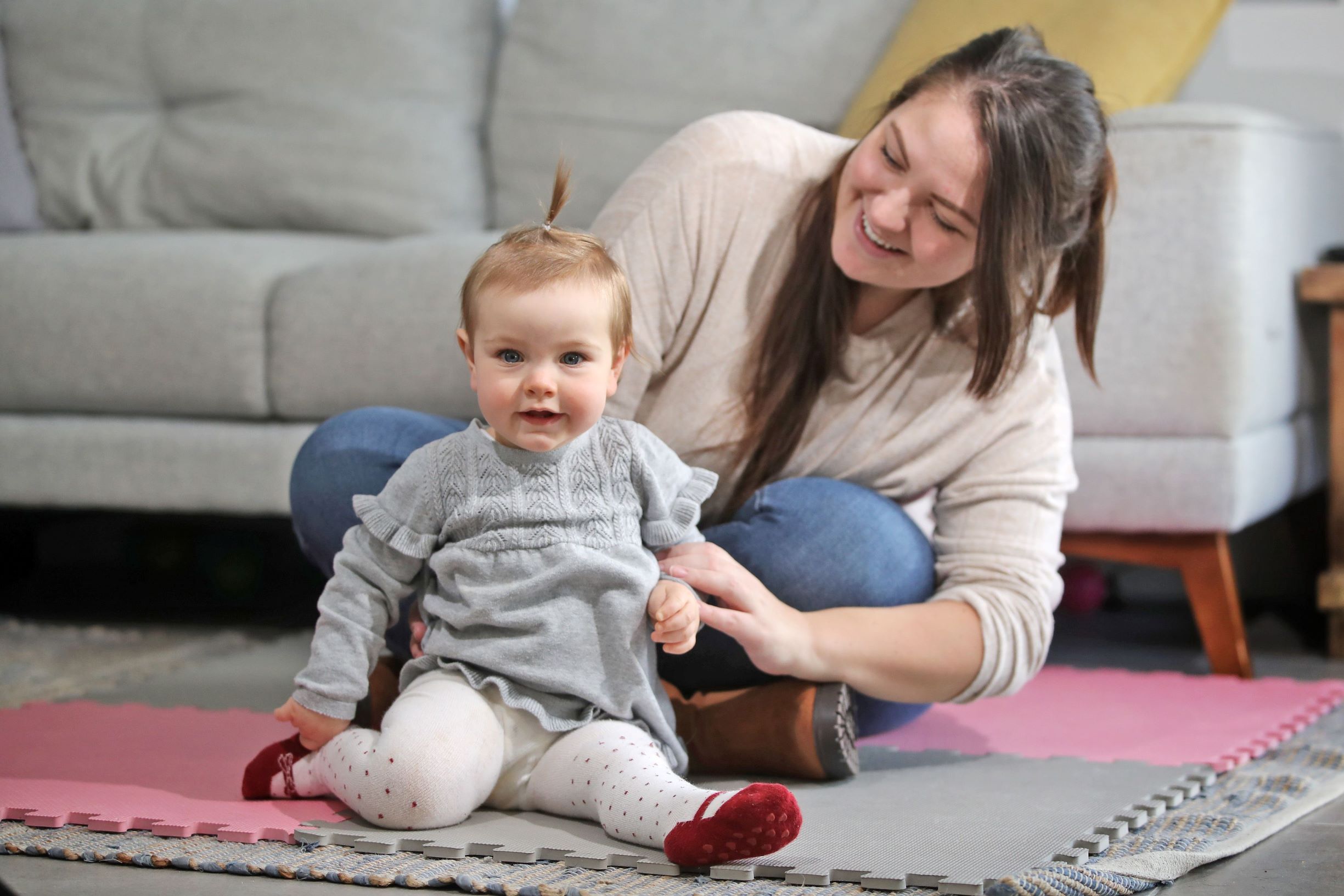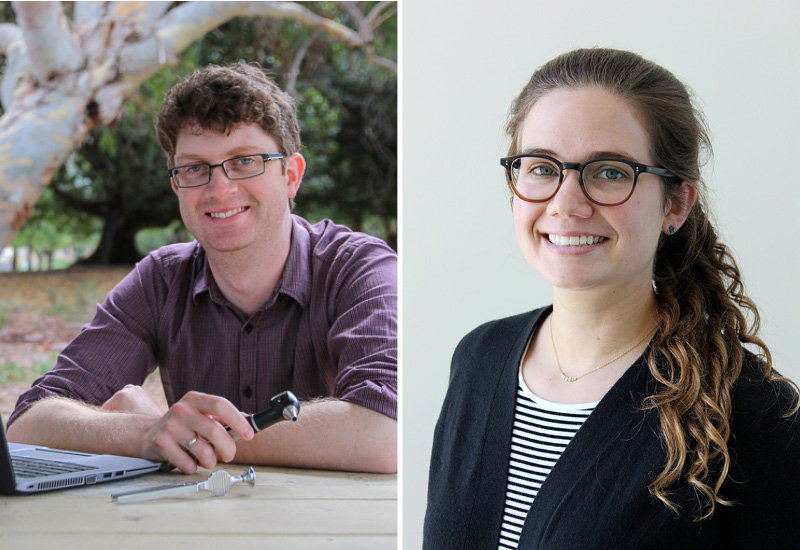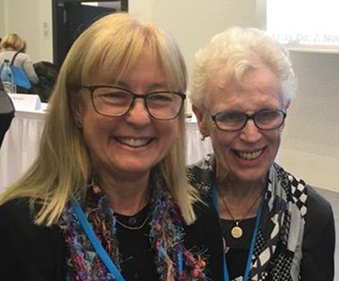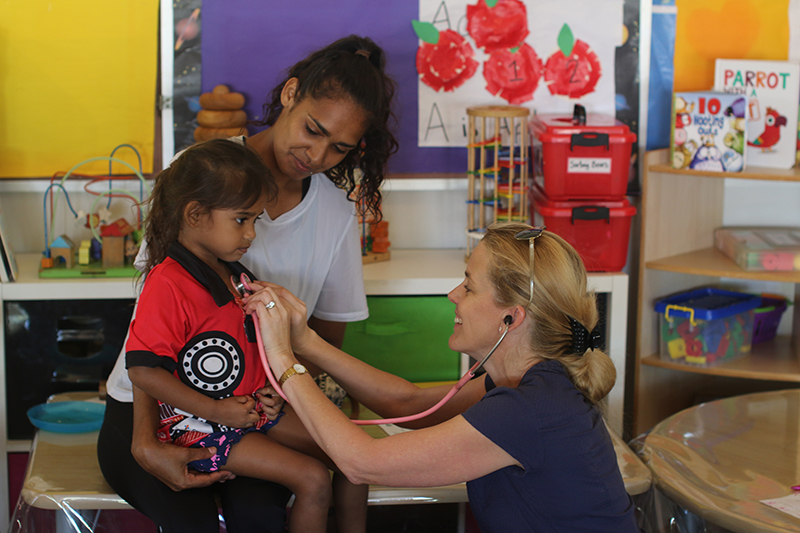Search

News & Events
Parent of a year 7 student? Why now is the best time to talk to your child about drinkingYear 7 is a time of big change and challenges - and it's also the best time to start talking about alcohol.

News & Events
Tackling allergy prevention in early lifeThe Childhood Allergy and Immunology Research Team at The Kids Research Institute Australia are currently conducting four studies, through ORIGINS, investigating nutritional strategies in the diets of mothers and babies and how these may reduce the development of allergies.

News & Events
Child health and obesity the focus of international built environment studyResearch data from more than one million Australian and Welsh children will be examined to help better understand how the built environment affects child health and obesity, as part of an international research project to be co-led by The Kids Research Institute Australia.

News & Events
International COVID-19 ‘risk’ tool launched to reduce community transmissionThe Kids Research Institute Australia researchers have collaborated with global experts to launch an online tool designed to assess the risk of contracting COVID-19 and provide advice to reduce transmission.

News & Events
Child health research set to benefit from national grantsResearchers at The Kids Research Institute Australia have been awarded $4.6 million in national funding from the National Health and Medical Research Council (NHMRC) and Medical Research Future Fund (MRFF) to help support child health research.

News & Events
Starting school, coping with change - Monique RobinsonThe beginning of a new school year is just around the corner – and with this may come a big change in your and your child’s life.

News & Events
The Kids researchers named as finalists in 2020 Premier’s Science AwardsTwo The Kids Research Institute Australia researchers have been named as finalists in the 2020 Western Australian Premier’s Science Awards.

News & Events
Chance to showcase WA expertise on the international stage thanks to Aspire AwardsTwo of The Kids Research Institute Australia’s best and brightest will share in $10,000 of funding to use for investment in their professional growth through attendance at an international conference, when safe to do so.

News & Events
The Kids researchers who helped identify rare disorder now poised to help the hunt for treatmentTwo The Kids Research Institute Australia researchers recognised for their role in building a global database for CDKL5 deficiency disorder are now helping to set the scene for clinical trials of much-needed potential treatments.

News & Events
Information is power: Health campaign arms Aboriginal communities against chronic wet coughA culturally secure health campaign designed to alert Aboriginal families, community health workers and clinicians to the dangers of a prolonged wet cough has been so successful that it could offer a blueprint for how to manage other chronic diseases affecting Aboriginal communities throughout Austr
